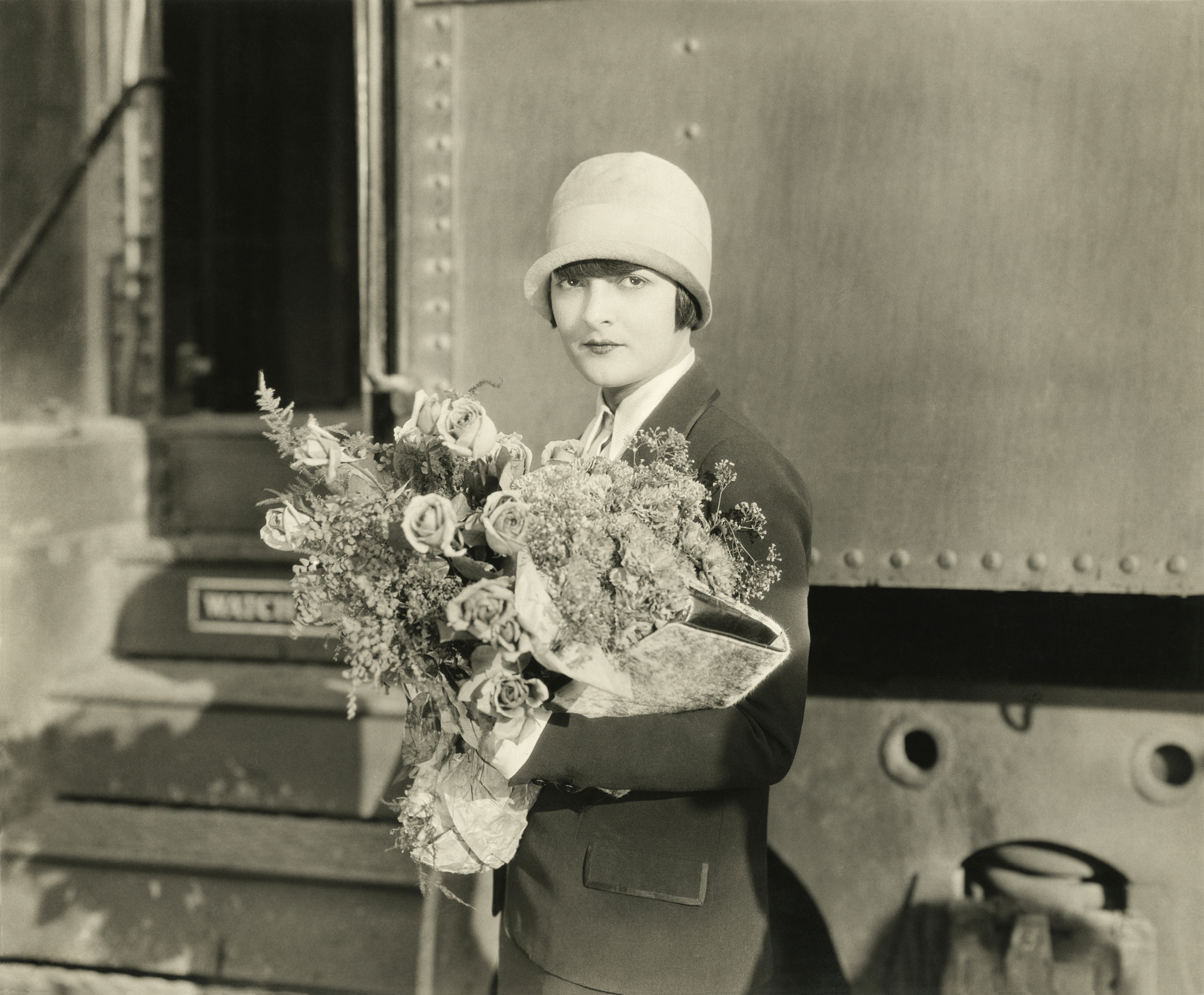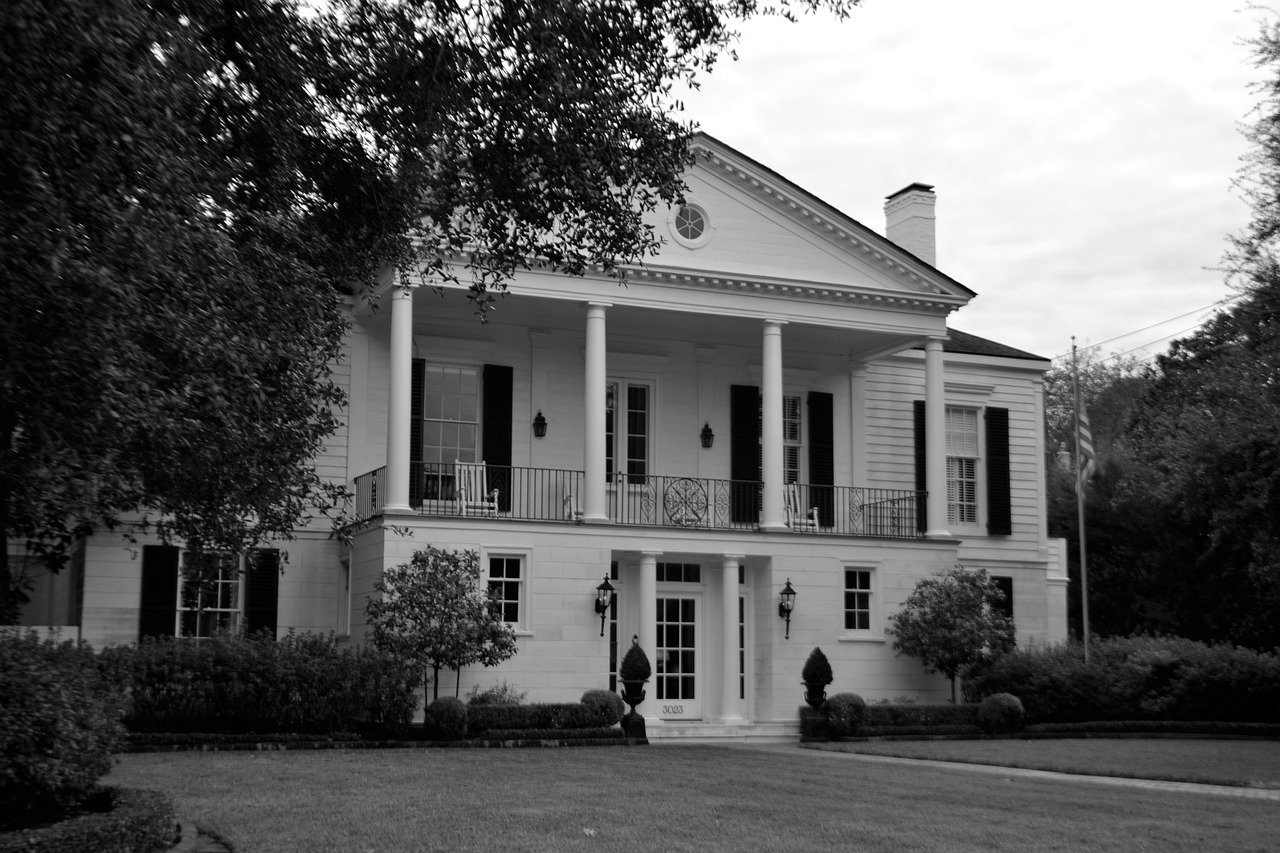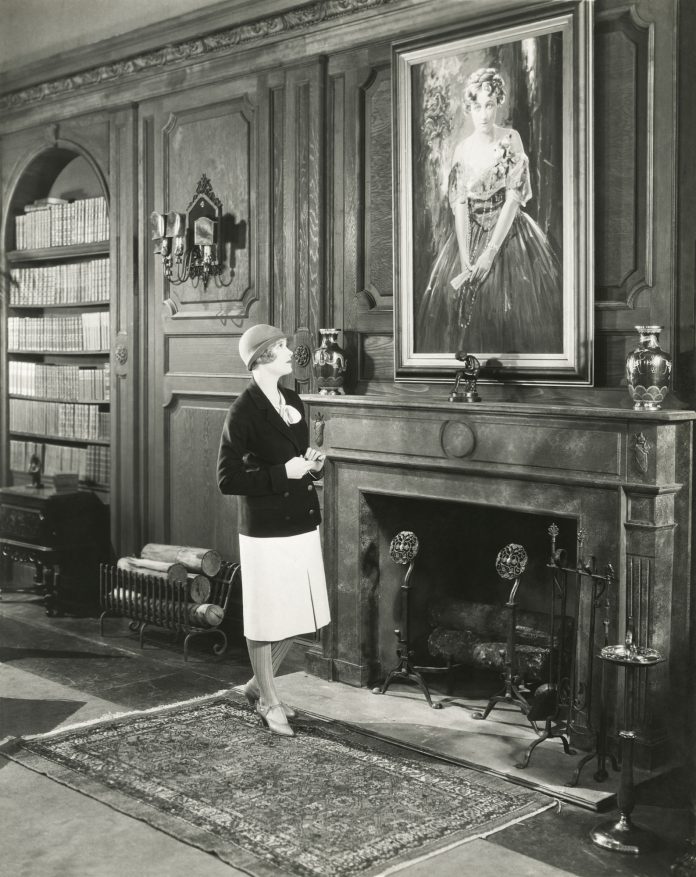Mrs Dalloway by Virginia Woolf is her fourth novel and the publication year is 1925. It is a parallel portrayal of this book’s two main characters: Clarissa Dalloway and Septimus Warren Smith.

Virginia Woolf and Mrs Dalloway
Clarissa Dalloway is a rich woman in her fifties, and Septimus Warren Smith is a war veteran. While Septimus struggles to recover from his post-traumatic stress disorder, Clarissa is organising a party, recalling old memories. The happening of the party of Clarissa is simultaneous with the decline of Septimus’s mental conditions. Virginia Woolf expresses a subtle critic of the medical profession and society classism. There is a correlation between the personal experience of the author and the characters of this fictional book. Indeed, Woolf had bipolar disorder, and the suicide theme appears in the novel as anticipation of Virginia’s life end. And of course, the thematic of feminism is present with the contrast between rich and working women. Clarissa is a rich and gracious woman in her fifties who is married. And she recalls memories of herself falling in love with her girlfriend, Sally Seton. Sally is a girl of French descent and with a peculiar personality. Miss Seton is unconventional with a bit of egotism, and she doesn’t follow society’s rules. Clarissa and Sally have a platonic relationship even though both of them married later on. The personality of the writer is split into the characters of Clarissa and Septimus. Indeed, they embody two different aspects of Mrs Woolf’s personality.

The torments of Virginia
Unquestionably this book reflects some personal aspects of Virginia’s life with all the emotional implications. Virginia Woolf was in a long relationship with the writer Vita Sackville-West starting from 1922. Virginia found generous support in Vita during her struggles with depression. Mrs Woolf had nervous breakdowns during her life, and her depression was getting worse as she was ageing. Depression that culminated in her suicide when she was 59 years old. In the last letter to her husband Leonard, Virginia, was describing her mental issues. She started to hear voices, and she was feeling powerless in front of her terrible disease (as she describes it). And so she decided to stop spoiling her husband life, with this extreme and improper decision. She wrote to her husband that even though he tried to make her happy, her illness prevented her from enjoying her marital life with him. In the character of Septimus, Virginia describes her mental conditions, such as his hallucinations and hearing voices, in particular, the one of Evans, who died during the war.

A hypocrite society
In this novel, the society is hypocrite, superficial and insensitive. It is clear when Septimus is under the “cares” of doctor Holmes, who underestimates the gravity of his mental conditions. On the contrary, the doctor puts under pressure the poor Mr Smith, with his daily intrusions in the patient’s house against Mrs Reza Smith’s will, the wife of Septimus. The disillusion in human nature, the feelings of loneliness, desertion, and condemnation from a society that only judge and isolate without helping, fuel the despair of Septimus Smith. He gives up since he cannot bear the judgement of people who, in his believes, wants him dead for social wellbeing. The specialist doctor Bradshaw, well known for mental breakdown cases, prescribes merely a period of rest in a nursing home. The anguish of Septimus was the same as Virginia’s one when she decided that she couldn’t bear living her life anymore. This novel is a subtle accusation against the medical circle described as arrogant, superficial and inhumane. The same superficiality allows Clarissa Dalloway to live in her fake world made of parties and unnamed friends. Indeed, she got to know the suicide of a young man while enjoying her party. In her opinion death were defiance and an attempt to communicate, not feeling any compassion for him.

Impressions
The unusual features of Mrs Dalloway by Virginia Woolf are a reflection of the writer’s polyhedric personality. She was a feminist and a bisexual when bisexuality was unusual and considered a transgression. After the year 1970, her books were an inspiration for the group of feminists. The main themes of this fictional-and-not novel are life, death, love, and mental health. The contrast between the lightness and frivolity of the rich Clarissa and the dramatic struggle of Septimus is the metaphor of Virginia’s two sides. Unusual book but also very tragic, it is a masterwork of English literature.





